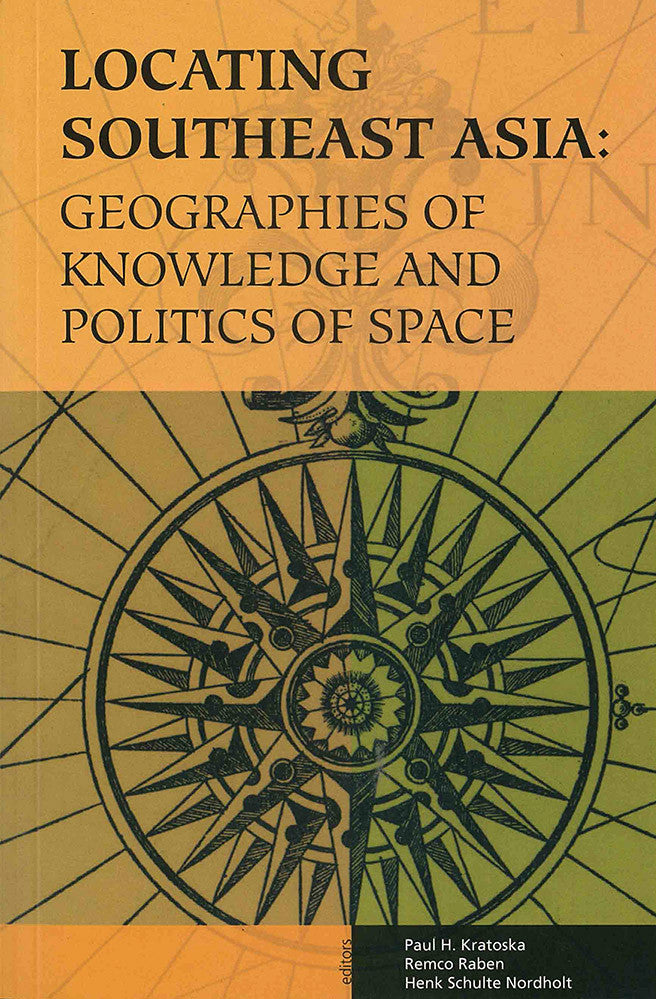Locating Southeast Asia: Geographies of Knowledge and Politics of Space
$38.00 SGD
'Southeast Asia' calls to mind a wide range of images: tropical forests and mountains, islands and seas, and a multitude of languages, cultures and religions. The area has never formed a unified political realm nor has it ever developed a cultural or civilisational unity. Many academics have defined 'Southeast Asia' over the years as what is left after subtractiing Australia, the South Pacific islands and China and India. Others have pointed at diversity - the variety and fluidity of the cultures, wide ranging forms of economic activity, and openness to external influences - as the defining feature of the region. But with area studies out of fashion, is 'Southeast Asia' even relevant any longer?
This volume considers 'Southeast Asia' drawn from a number of regional and disciplinary perspectives. The authors look at the region from the standpoint of Thailand and the Philippines, Singapore and Hong Kong, Japan and the Asian mainland, the South China Sea and the seacoasts of the region. They also discuss the significance of borders, monetary networks, transnational flows of people, goods and information, and knowledge in shaping Southeast Asia both for its residents, for the scholars who study it and for the wider world.
Paul H. Krastoska is Associate Professor at the Department of History, National University of Singapore.
Henk Schulte Nordholt is Head of Research at the Royal Netherlands Institute of Southeast Asian and Caribbean Studies (KITLV) in Leiden, and Professor of Indonesian History at Leiden University. He is the author of Bali - An Open Fortress, 1995-2005.
Remco Raben is a Researcher at the Netherlands Institute for War Documentation.
Publication Year: 2005
380 pages, 223mm x 165mm
ISBN: 978-9971-69-288-9, Paperback
NUS Press and Ohio University Press

